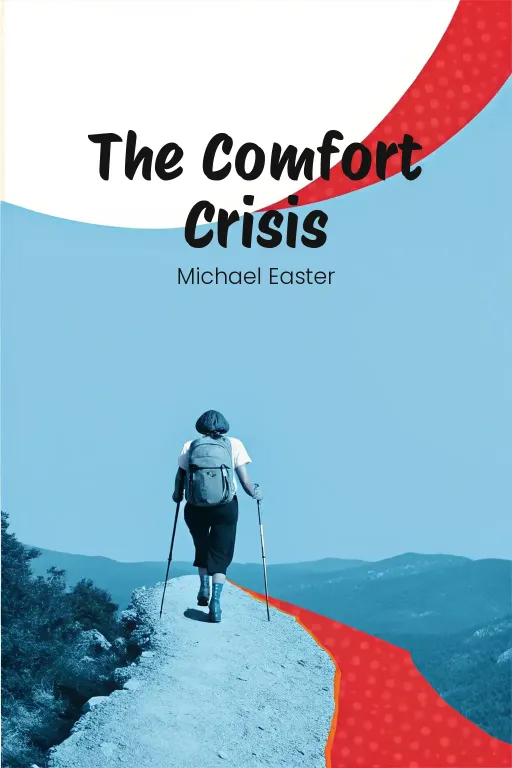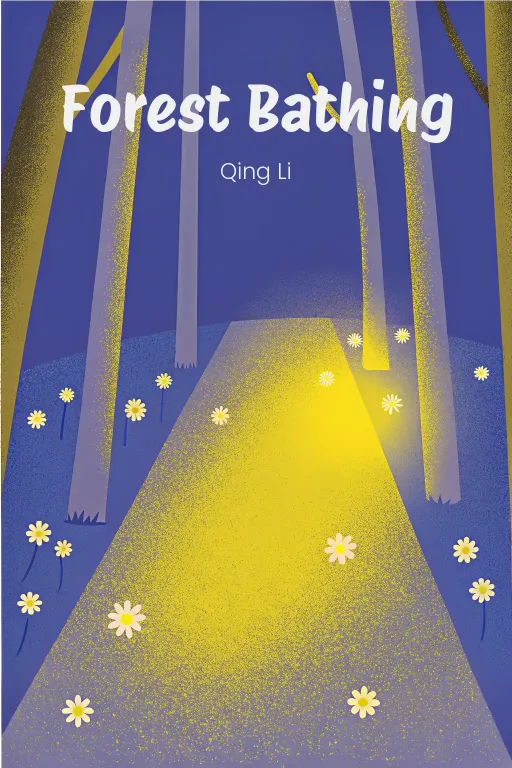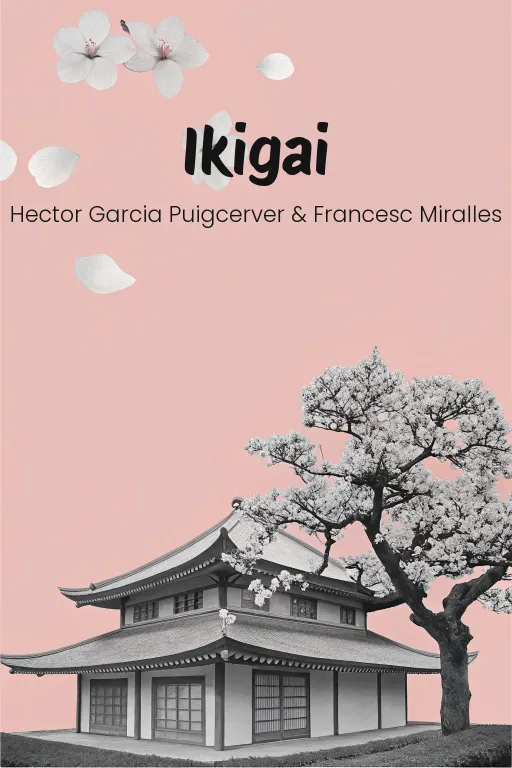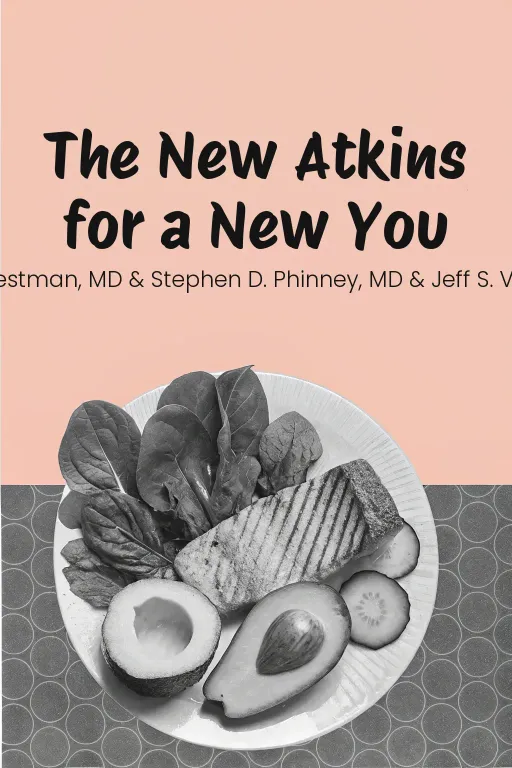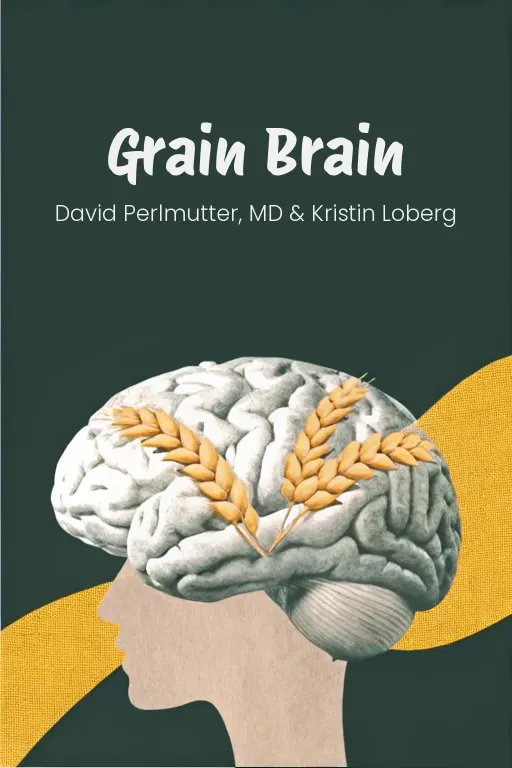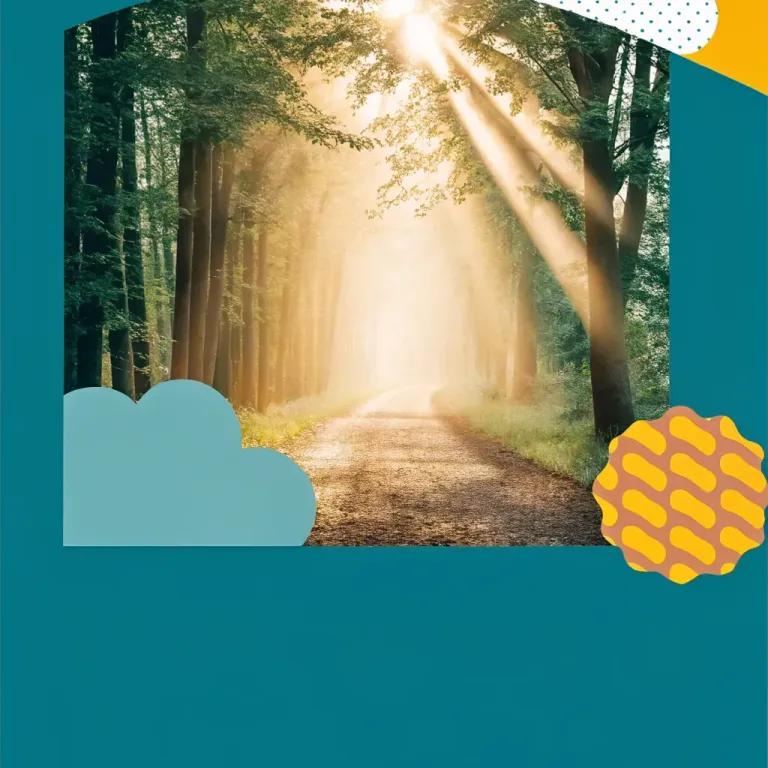
Nature's Rx: Stress Less, Boost Immunity
Podcast by Beta You with Alex and Michelle
How Trees Can Help You Find Health and Happiness
Nature's Rx: Stress Less, Boost Immunity
Part 1
Alex: Welcome, everyone! Today, we’re diving into a fascinating intersection: where science meets serenity. We’re exploring how something as simple as spending time among trees can unlock a healthier, happier you. Michelle: Trees, huh? Okay, is this one of those “hug a tree and all your problems disappear” kind of things? Because, honestly, I've got a ficus in my living room that hasn't exactly revolutionized my mental state. Alex: Not quite, Michelle. Today, we're exploring something much richer than a quick tree hug: “shinrin-yoku”, or forest bathing. Dr. Qing Li’s book, Into the Forest, beautifully captures it. It isn't just about relaxation; it’s about how nature can measurably reduce stress, strengthen your immune system, spark creativity, and reconnect you with something deeper within yourself. Michelle: Fascinating. So, what does forest bathing actually entail? Are we talking full-on Zen meditation, or can I just wander into the nearest park? Alex: Good question! Forest bathing is less about strenuous activity and more about “total sensory immersion”. Think of it as stepping into a living sanctuary. It’s about mindfully engaging with your surroundings—feeling the textures, listening to the sounds, and breathing in the unique compounds that trees release. Compounds that science has shown can have profound effects on our well-being. Michelle: Wait a minute—scientifically proven benefits from “tree compounds”? I mean, I get that nature is relaxing, but measurable health benefits? My interest is definitely piqued. Alex: Absolutely. We're going to unpack the science behind it. Plus, we’ll look at the cultural roots of forest bathing in Japan, some really practical ways to engage your senses in nature, and how even those of us stuck in cities can incorporate these practices into daily life. Think of it as creating your own little oasis of calm, no matter where you are. Michelle: Alright, so whether you're lost in the woods or stuck in a cubicle, today's topic sounds like a ticket to a breath of fresh air – literally. Let's dive in.
Shinrin-Yoku (Forest Bathing)
Part 2
Alex: Okay, so let's dive into where shinrin-yoku actually comes from, because honestly, the history really explains why it's so powerful. Back in the '80s, Japan was dealing with this crazy urban growth. People were flooding into cities, naturally stress went through the roof, and overall health was suffering. So, the Japanese Forestry Agency stepped in and promoted forest bathing. It was meant to be a way to improve health “and” get people back in touch with Japan's natural heritage. It’s this awesome blend of cultural respect for nature and scientific curiosity, don't you think? Michelle: Definitely, and Japan has, like, this deep, long-standing respect for nature, right? You think about practices like hanami – enjoying the cherry blossoms – and it's not just about the pretty view. There's a real mindfulness to it, a chance to reflect, almost like meditating on how fleeting life can be. So, shinrin-yoku sounds like the next evolution of that, just dialing up the connection. Alex: Yes! Hanami is a brilliant example, because it highlights the emotional connection just as much as the visual. And shinrin-yoku really builds on that. It's more than just looking at nature, it’s about really “being” in it. No phones, no distractions, just your senses fully engaged. You could almost say it’s nature’s version of mindfulness, right? Michelle: Sure. I see that. But, here's where my skeptical side kicks in – we're not just talking about some New Age-y, romanticized nature trip, are we? Because, Alex, when I hear terms like "natural killer cells" and "volatile compounds," I have to ask – where’s the hard science backing all this? Alex: It's a totally valid question, and that's where things get super interesting. There was this really important study in Japan. One group of people walked in a forest, and another walked in a city. Both groups were monitored for stress hormones like cortisol, along with blood pressure and heart rate. Consistently, the forest walkers showed significantly lower cortisol levels and more stable heart rates than the city walkers. So, nature didn't just make them “feel” calmer, it physiologically calmed them down. Michelle: Wait a minute. So, trees are basically like anti-anxiety meds with fewer side effects? Alex: You could put it that way! But, it doesn’t stop at stress. Trees release phytoncides. They're essentially antimicrobial compounds, like, alpha-pinene from pine trees or hinoki cypress oils. And we breathe these in when we’re in forests. Studies show they boost the activity of natural killer cells in our immune system. Those are the cells that fight viruses and even tumors. I mean, there’s even evidence that people exposed to these phytoncides – even just by diffusing tree oils in hotel rooms – showed better immunity and lower stress! Michelle: Okay, hold on. Let me make sure I've got this straight. Are you telling me that I could skip the walk altogether, put some essential oils in a diffuser, and still get, like, a fraction of the benefits of being in a forest? Alex: To a certain extent, yes. But, you know, nothing truly replaces the complete sensory experience of actually being in a forest. It's a blend of biological, olfactory, and psychological benefits you get from being in nature. Even our brains, which are exhausted by the constant demands of urban life, respond differently to forests. There's this idea called Attention Restoration Theory – Michelle: Let me guess – cities keep our brains on high alert, while forests switch us into chill mode? Alex: Pretty much! Urban environments demand “directed attention”. We're constantly filtering out noise, navigating crowds, and processing tons of information. It's draining and leads to cognitive fatigue. Natural environments, on the other hand, promote "soft fascination." That’s when your mind effortlessly engages with rustling leaves, or light shimmering on water. There was even a study showing a 20% improvement in memory for people who walked in nature, compared to those who walked in a city! Michelle: So, forests are basically naps disguised as scenery. I get it. But, come on, what about people who can't just escape to a forest whenever they're stressed? City life doesn't exactly stop so you can go on a two-hour nature retreat. Alex: A lot of people feel that way, and the good news is that you can adapt shinrin-yoku for urban or even indoor settings. Think about city parks. A brisk walk through a green space for just 10-20 minutes can be a micro-dose of nature therapy. And even visual contact – like having plants or pictures of forests indoors – has been shown to promote relaxation. Michelle: Which is where I mention my rubber plant again – basically my pot-bound therapist. Alex: Exactly. And studies suggest even looking at greenery can lower stress. You can also mimic some aspects of forest bathing with essential oils. Diffusing cedar or hinoki oil doesn’t just create an earthy atmosphere, it recreates some of those immune-boosting qualities from the phytoncides found in a forest. Michelle: Okay, I get that the urban adaptations are a helpful workaround. But let’s not overlook the larger picture. If nature possesses all of these healing powers, doesn't that underscore the need to protect our forests? Alex: Without a doubt. Forests are a limited resource, and with the growth of urban areas, we run the danger of losing their environmental importance and their health advantages for people. Dr. Qing Li, a leading researcher on shinrin-yoku, sees forest bathing as a plea for conservation. When we recognize the healing power of forests, we're reminded of our duty to protect them, not only for ourselves but also for future generations. Michelle: So, it's not just about hugging a tree for your mental wellness. It's about standing up for a world where forests are an integral part of life. By finding time to connect, we also make a statement: nature matters. Alex: Precisely. Forest bathing isn't just about personal healing; it's about fostering a sense of respect for nature. Whether we set aside tow hours in a forest or add more green space to our urban lives, each act serves as a reminder of how important the natural world is—not only for our survival but for our sense of wholeness.
Conclusion
Part 3
Alex: Okay, let's bring it all together. Today we explored how shinrin-yoku, or forest bathing, isn't just a leisurely nature walk. It’s a practice that’s got real science behind it, showing it cuts down stress, beefs up your immune system, and sharpens your mental focus. From the phytoncides to the idea of soft fascination, nature’s handing us these incredible benefits, both for our bodies and minds. Michelle: Right, wow, that’s a great recap. And we also talked about how this isn’t just about trekking through Japanese forests, right? Alex: Exactly! It can be as simple as a quick ten-minute walk in a nearby park or just consciously appreciating a houseplant. Whether you’re diving into a full sensory experience or just making small, meaningful connections, literally anyone can bring the core ideas of shinrin-yoku into their daily life. Michelle: Okay, so on a grander scale, you’re saying that forests are more than just a wellness trend. They’re indispensable. Alex: Absolutely! By tuning into nature, we’re naturally nudged to cherish and protect it. It’s a two-way street: we’re healing ourselves, while also working to keep these vital, living spaces around for future generations. Michelle: So, what’s the action item here? Alex: Simple: carve out a moment to connect with nature – no matter how small. Take a stroll in the woods, admire a plant, or simply listen to the birds. Let yourself slow down and “really” engage your senses. When you take care of nature, it takes care of you right back. Michelle: Alright, so, add “breathe in some forest air” to that to-do list, folks! And who knows? Maybe your office ficus has some hidden benefits! Alex: Thanks for exploring this with us. Until next time, bring a little green into your life and let it work its magic.
